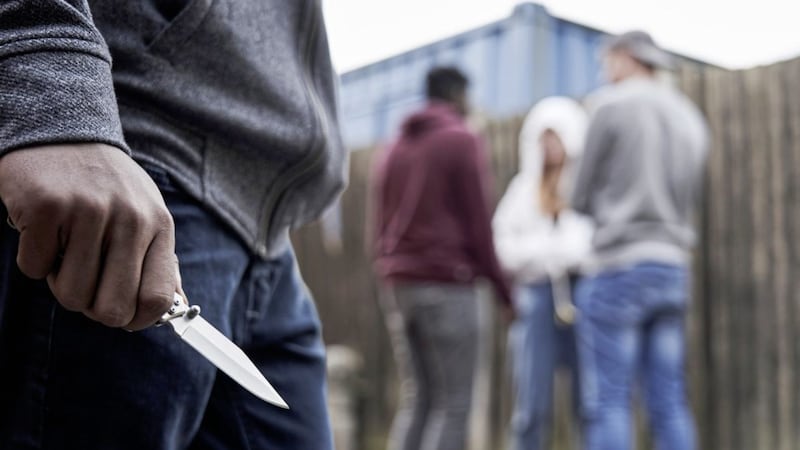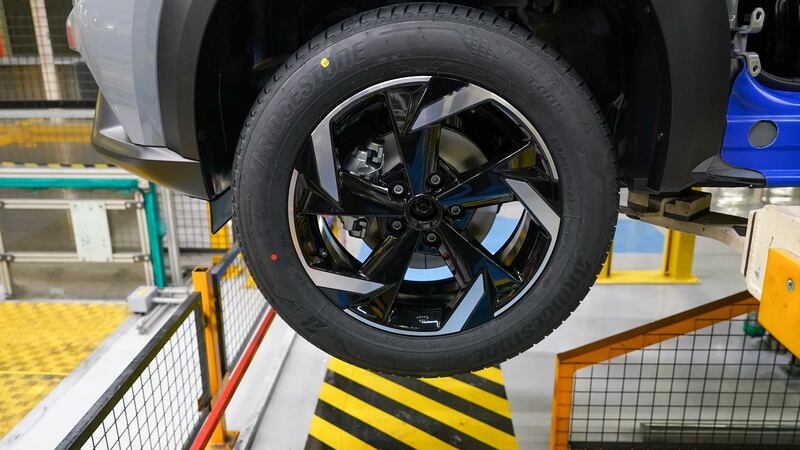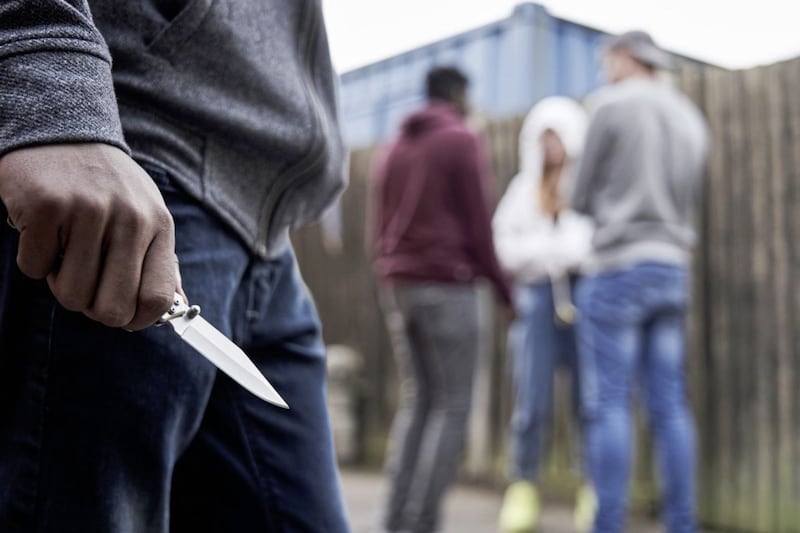KNIFE crime is on the rise, and parents need to ensure children are aware they should never carry a weapon – no matter how much pressure their friends put them under or how unsafe they feel.
But although it can be hard for parents to know how to discuss the issue with their kids, it's vital that they do, stresses Dr Mark Prince, whose 15-year-old son Kiyan was killed when he was stabbed while trying to break up a fight outside his school in 2006. Two years later, Prince set up the Kiyan Prince Foundation (thekpf.com), which aims to raise young people's awareness about the devastating effects of knife culture.
He says: "Let's be honest. If politicians were being stabbed at this rate, what would be happening? They would do everything within their power to put an end to it. So let's put the same value on young people's lives."
To help get the 'no knives' message across to young people, Prince has teamed up with children's author Dan Freedman (danfreedman.co.uk), whose latest book Unstoppable addresses knife crime. Freedman was inspired to write it after hearing a boy in primary school talking about carrying a knife.
"It's so important to have positive conversations with children even as young as 10 and 11 about how to keep themselves safe," he says.
"As they come to the end of their journey in primary school is the right moment. It's about empowering, educating and inspiring them to make the right decisions at key points in their lives."
Here are some of the ways Prince and Freedman think young people's involvement in knife crime can be reduced.
:: Teach them what true power is
"The most harmless looking child could be carrying a knife nowadays," says Prince.
"This might be out of fear or out of trying to make an impression – either way it's tough growing up now. If your peers laugh at you, calling you 'moist' [soft], it's a big deal. Depending on the circumstances, it can lead to conflict and, at its worst, death.
"We're fed a culture of violence and negativity on every platform young people use, so our responsibility is to give all children the best chance possible to become emotionally and mentally positive. We need to demonstrate that real power and respect comes through kindness, caring, love, thoughtfulness and forgiveness. Every child must be taught this and see this played out in the lives of people around them."
:: Start teaching key messages in primary school
Education about serious violence and other current social issues affecting young people should be part of the school curriculum, taught by specialist organisations, with mentors to help students in need of further support, say Prince and Freedman. They believe such education should start at primary school.
"Teaching children to celebrate differences among each other, and also how to communicate their feelings without hurting others, would see young people enjoying their academic experience, which would have a knock-on effect in so many other areas of their lives," says Prince, who believes it would also keep more children in education and away from violence.
:: Use books to open up conversations
Books that tackle issues facing today's young people should also be used at school, they stress. "Books that speak the language of today's generation and inspire them to become the best versions of themselves," says Prince.
Freedman adds: "One of the catalysts for writing Unstoppable came when I heard a 10-year-old boy in a primary school boasting about stabbing someone. While he may have just been trying to look tough, I thought, 'Whoa, this is serious. We need to talk about this with children as soon as possible, before it's too late'. Stories offer a safe space to enable conversations about the most sensitive and important subjects.
:: Parents don't have to talk 'street' – but belief in their kids is vital
Children understand one universal language – when we show them we believe in them and their potential to be great, says Prince. You can get around not knowing young people's street talk by letting them know how much you care that they become a success. Children will embrace you once they recognise you're committed to what's best for their lives.
:: Establish boundaries at home
Prince and Freedman stress parents should never forget to maintain boundaries for their children in the home."It's an uphill battle even for parents who have put a lot of time and effort into setting boundaries, discipline and developing their child's emotional and mental wellbeing," observes Prince.
"Many parents – often feeling under pressure not to be different from other parents – let their children out until all hours without a clue about who they are with and what they are doing. They are doing their child a great disservice. Freedom to act as a grown-up without recognising grown-up responsibility never works well for a child's development. Responsibility is given not by age but by maturity and responsibility shown in situations."
:: Rethink punishment for young people caught with a knife
An intense programme in an army training camp-style forum would be more useful than a short prison sentence for those caught with a knife, say Prince and Freedman, not least to avoid the chance of young people developing a criminal mind in prison.
"We should be teaching our children the blueprint to live successful lives, especially if they get caught with knives because, at their age, there's a higher chance of turning their lives around," stresses Prince.
:: Everyone needs to collaborate
Everyone – police, politicians, the education system, the justice system, social services, youth offending teams, probation officers, parents and the public – need to come together with the aim of educating, inspiring and creating opportunities for children, insist Prince and Freedman.
They stress: "We would not criminalise our children – we would support them and guide them to become the best versions of themselves, allowing them to learn that there are consequences to actions that hurt others."
:: Unstoppable by Dan Freedman is published by David Fickling Books, priced £7.99



